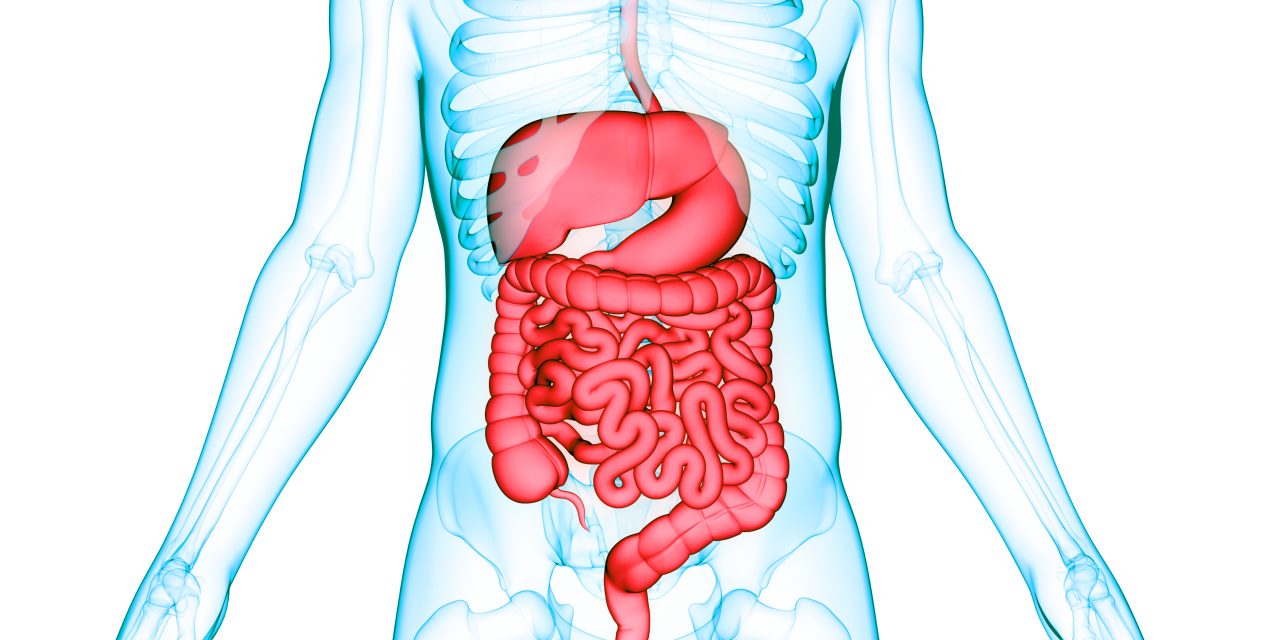Esophageal adenocarcinoma (EAC) is one of the fastest-growing cancers in the world. It occurs primarily due to the chronic gastroesophageal reflux disease (GERD), during which the esophageal epithelium is frequently exposed to the acidic fluid coming up from the stomach. This triggers gene mutations in the esophageal cells, which may lead to EAC development. While p53 is activated to get rid of the mutated cells, NFB orchestrates the remaining cells to heal the wound. However, if the mutations happen to TP53 (a common occasion), the mutant product turns to support tumorigenesis. In this case, NFκB goes along with the mutant p53 to facilitate cancer progression. TRAIL is one of the cytokines produced in response to GERD episodes and it can kill cancer cells selectively, but its clinical use has not been as successful as expected, because some highly sophisticated defense mechanisms against TRAIL have developed during the malignancy. To clear the obstacles for TRAIL action, using a second agent to disarm the cancer cells is required. CCN1 appears to be such a molecule. While supporting normal esophageal cell growth, CCN1 suppresses malignant transformation by inhibiting NFκB and kills the EAC cell through TRAIL-mediated apoptosis.Copyright© Bentham Science Publishers; For any queries, please email at epub@benthamscience.net.
Molecular Dynamics in Esophageal Adenocarcinoma: Who’s in Control?


